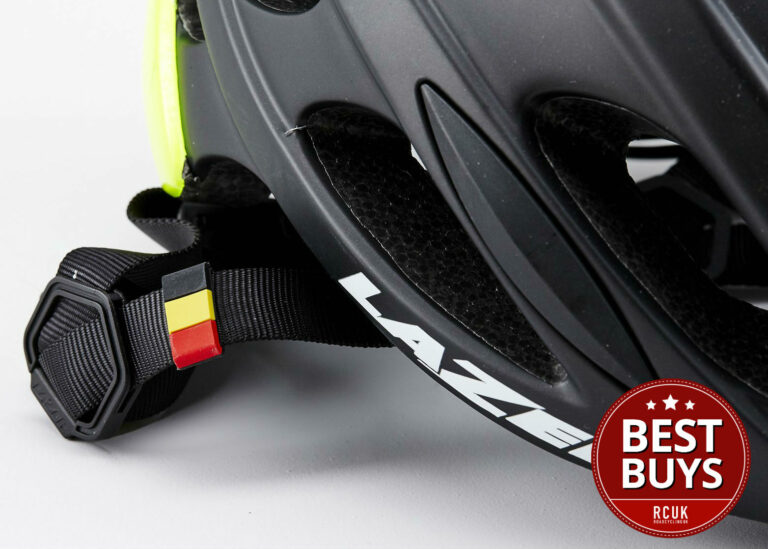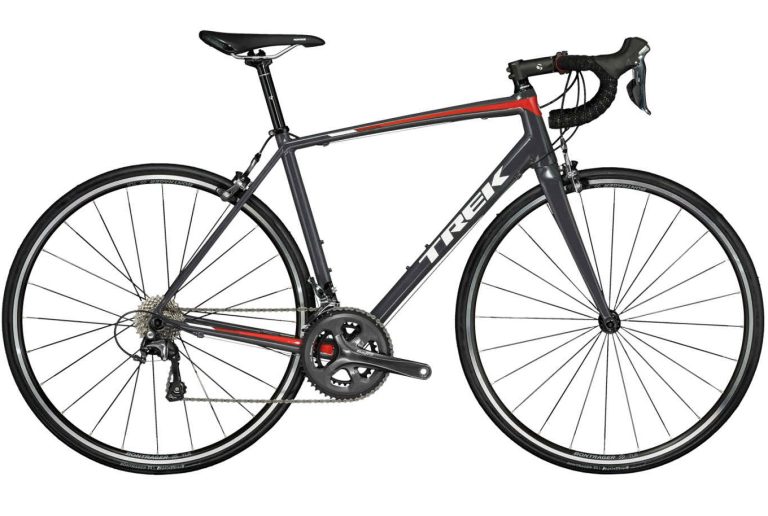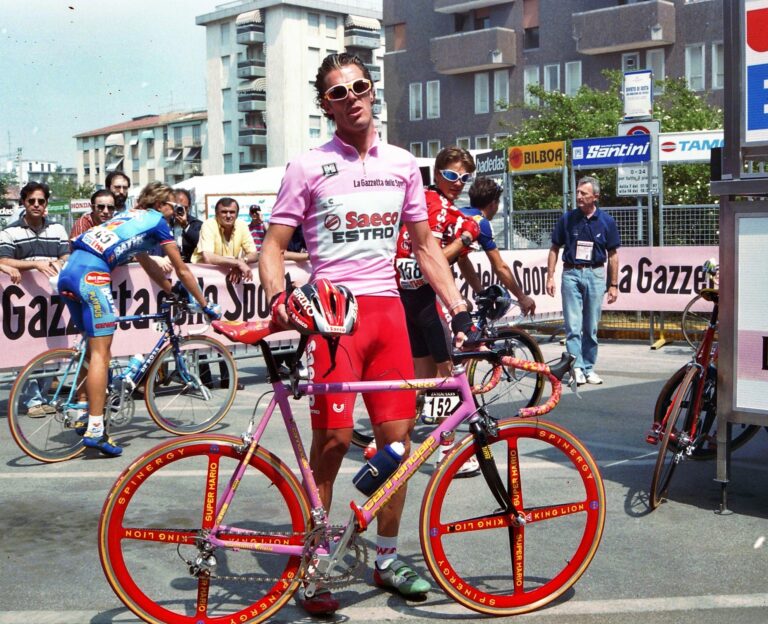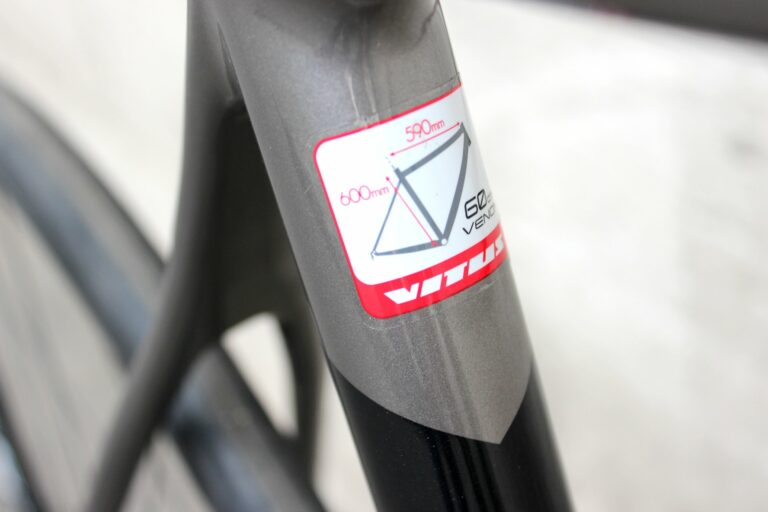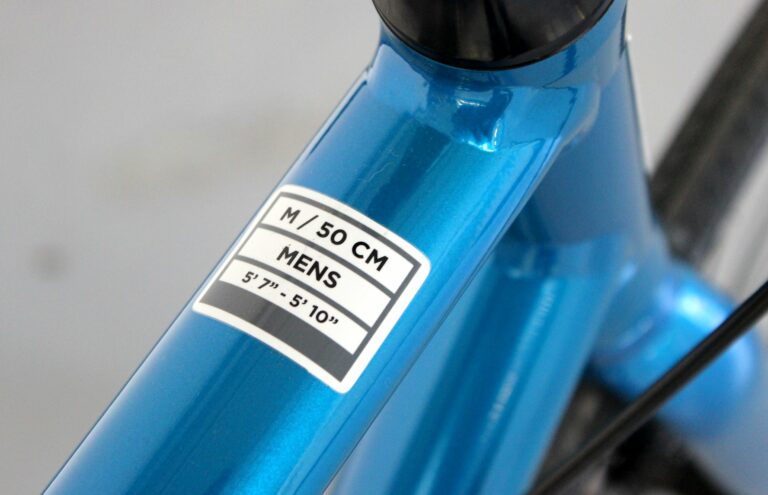 The F-Brake essentially removes the need for traditional front and rear calipers, with the brake itself sitting within the structure of a split fork.
The F-Brake essentially removes the need for traditional front and rear calipers, with the brake itself sitting within the structure of a split fork.
It follows three years of development and, according to Ridley, has five major advantages; the lack of calipers makes it more aerodynamic, it weighs less, braking performance is improved as there’s less brake movement, less maintenance is required and adjustment is easier thanks to a lever on the cable that allows you to open them.

Ridley’s claim a rider is capable of saving 20 watts at 40km/h when riding the Noah FB over the Ridley Helium. The Noah FB shares the same geometry as the existing Noah RS.
Ridley have concentrated on developing the aerodynamics of its top-of-the-range bike after previously focussing on weight and stiffness, which, in search of even further gains, would render the bike both uncomfortable and difficult to handle.
The Noah FB will be ridden by Vacansoleil-DCM during the Tour de France, which begins on July 2, alongside the Helium – the climbers’ favourite. The team unveiled their nine riders at the bike’s launch at the Zolder motor racing circuit in Belgium, with Romain Feillu, Thomas De Gendt, Borut Bozic, Bjorn Leukemans, Johnny Hoogerland, Rob Ruijgh, Lieuwe Westra, Wouter Poels and Marco Marcato set to line-up in Vendée.
The Noah FB will feature in Ridley’s 2012 catalogue and the company will then filter the technology through its high-end range. Expect to pay £3,899 for the frameset, while a complete bike with Shimano Di2 will cost approximately £9,000.

